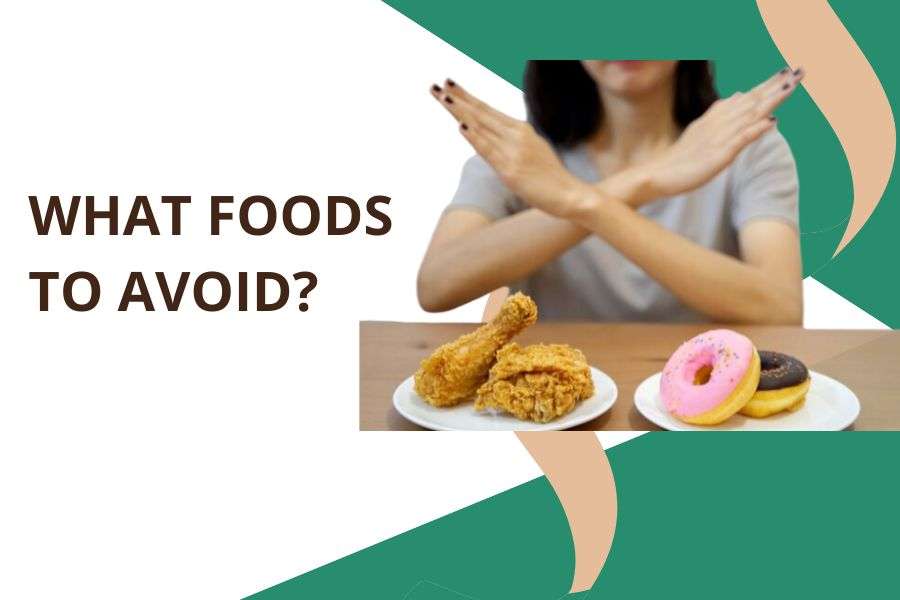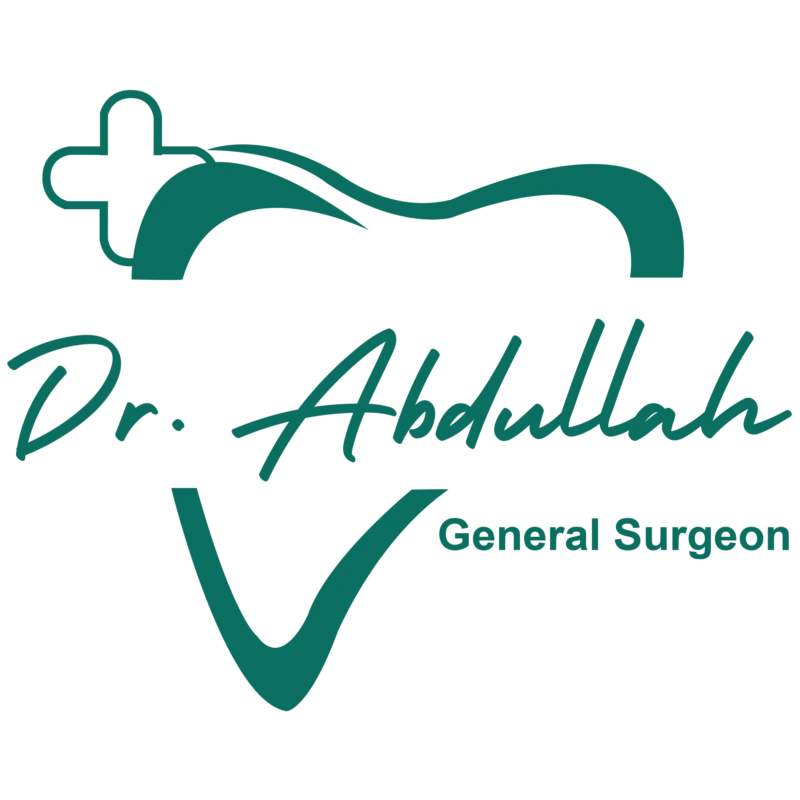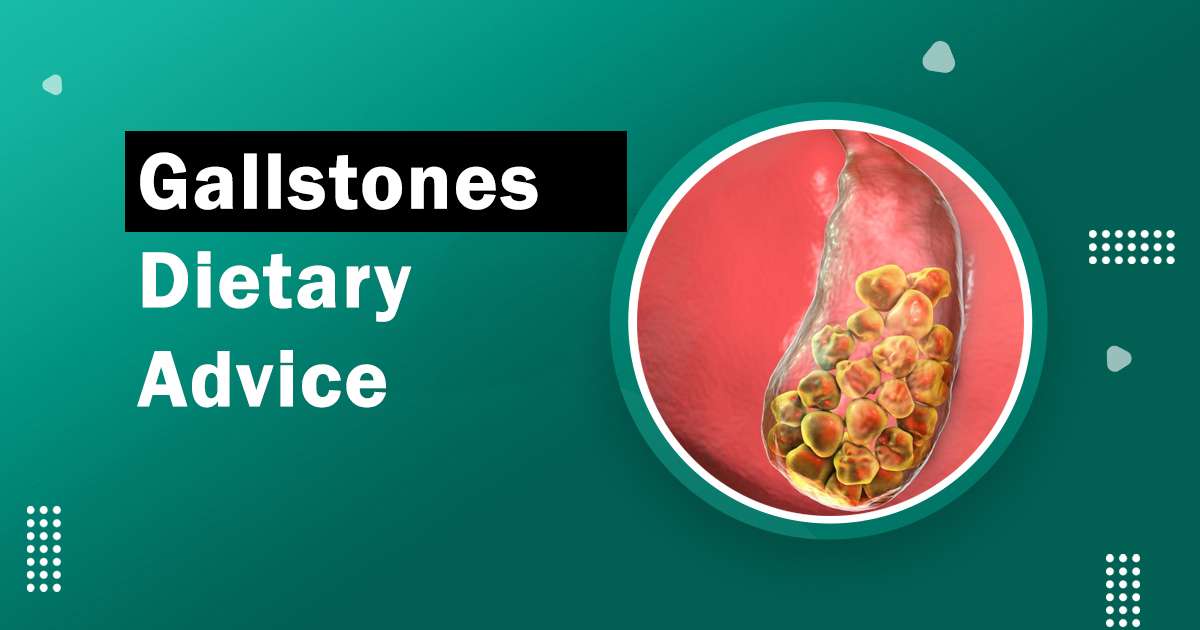Gallstones can be painful and troublesome, but adjustments to our lifestyle, especially our diet, can help manage or even prevent this health problem. With proper gallstones dietary advice, one can make necessary changes in diet for gallbladder stones to minimise the effects of gallstones or reduce the risk of developing them. In this blog, there is a proper nutrition guide for people with gallstones, focusing on important tips for prevention and treatment by consuming the best diet for gallbladder health.
Book An Appointment Now For Gallbladder Surgery in Karachi
What are Gallstones?
Gallstones are crystalline deposits that form in the gallbladder, a small organ next to the liver that stores bile. These deposits vary in size and are composed mainly of hardened cholesterol or bilirubin.
Causes and Risk Factors
Several factors contribute to the development of gallstones, including genetic makeup, obesity, diet, and rapid weight loss. Age and gender also have an effect, women and older individuals being more vulnerable.
Gallstones Dietary Advice in Managing Gallstones
Gallstones dietary advice have a significant role in preventing and managing gallstones. Poor gallstones dietary advice can increase the amount of cholesterol in the bile, this will lead to the formation of gallstones. On the other hand, a diet that is balanced in regards to gallbladder stones can promote a healthy gallbladder and liver function.
How Diet Affects Gallstone Formation
A best diet for gallbladder stones focuses on the balance of the right nutrients and can significantly reduce the risk of forming gallstones. High-fibre foods, lean proteins, and healthy fats are important components of a healthy gallbladder stones diet.
What Foods to Include in Your Diet?
Fiber is essential for a healthy digestive system and can help prevent gallstone formation. It Includes plenty of fruits, vegetables, and whole grains in your diet.
Fruits and Vegetables
Fruits and vegetables are rich in vitamins, minerals, and antioxidants, which are beneficial for overall health. Aim to fill half your plate with these foods at each meal.
Whole Grains
Whole grains like brown rice, oats, and whole wheat bread are excellent sources of fiber and nutrients, promoting a healthy digestive system.
Lean Proteins
Protein is necessary for tissue repair and growth, but it’s important to choose lean sources to avoid excess fat intake.
Poultry and Fish
Chicken, turkey, and fish are great sources of lean protein. Fish, particularly those rich in omega-3 fatty acids like salmon and mackerel, are beneficial for gallbladder health.
Plant-Based Proteins
Beans, lentils, and tofu are excellent plant-based protein options that are low in fat and high in fiber.
Healthy Fats
Healthy fats or fat free foods are found in nuts, seeds, and avocados that are essential for body functions and can help reduce gallstone risk.
Omega-3 Fatty Acids
Omega-3 fatty acids, present in fatty fish and flaxseeds, are anti-inflammatory and can support gallbladder health.
What Foods to Avoid?

- High-Fat Foods
Avoid foods high in saturated and trans fats, which can increase the risk of gallstones.
- Fried and Greasy Foods
Foods that are fried or greasy can be particularly harmful.
- Full-Fat Dairy Products
Full-fat milk, cheese, and other dairy products should be limited to reduce fat intake.
- Sugary Foods
Sugary foods can lead to gallstone formation and should be avoided.
- Sugary Snacks and Desserts
Avoid intake of cookies, cakes, and other desserts that are high in sugar.
- Sweetened Beverages
Avoid sugary drinks like soda and fruit juices with added sugar.
Lifestyle Changes to Support Dietary Efforts
By pairing gallstones dietary advice with regular physical activity and efforts to maintain a healthy weight is essential. Staying hydrated also plays a major role in helping your digestive system function properly and reduce the risk of gallstones.
Sample Meal Plan for Gallstone Prevention
By incorporating gallbladder recipes and foods that are good for the liver and gallbladder, one can make a meal plan that supports their gallbladder health. Breakfast Ideas Eat Oatmeal topped with fresh fruit and nuts, or low-fat yogurt or bread with butter and white scrambled eggs.
Lunch Options Eat brown rice with mixed greens, vegetables, and a lean protein source like grilled chicken or fish and salads made with kidney beans, chickpeas, or black beans Dinner Suggestions Eat Baked fish with roasted vegetables and baked sweet potato, or a chicken and vegetable stir-fry with brown rice. Healthy Snacks Eat snacks like fruits, nuts, yogurt, apple slices with peanut butter, or a small handful of almonds.
- 5 Bawaseer Ki Alamat Aur Unse Bachne Ke Tarike in Urdu - May 29, 2025
- Important Care after Laser Surgery for Hemorrhoids, Fissure or Fistula - May 29, 2025
- What Is Gynecomastia? Causes, Symptoms, and Treatment Options - May 29, 2025

